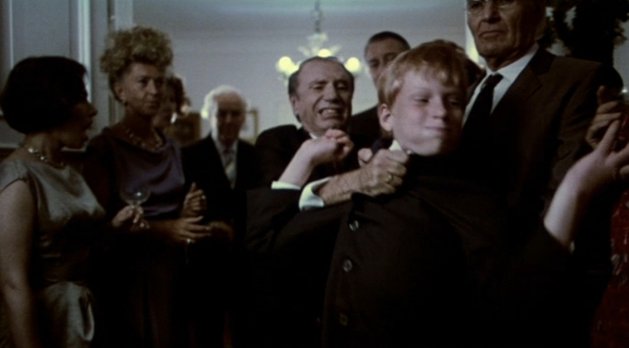from famecrawler:
Marlee Matlin Speaks Out: Help Deaf Parents Go to the Movies With Their Kids!
Posted by shanaaborn on June 1st, 2012 at 2:28 pm
Marlee Matlin Speaks Out: Help Deaf Parents Go to the Movies With Their Kids!
Marlee Matlin is an advocate for issues affecting families who are deaf and hard-of-hearing.
This summer, most of us parents will be answering our kids’ cries of “We’re boooooorredd!” by checking the theater listings for screenings of the latest blockbuster films. It may be pricey to go to the movies these days, but it’s still a good way to beat the heat and keep the young ones entertained for a couple of hours.
But for Marlee Matlin, it’s not quite that simple. She, along with the 35 million other Americans who are deaf or hard of hearing, often have trouble finding a film they can enjoy along with their families.
As she writes today in the Chicago Sun-Times, theaters showing captioned versions of movies may be located miles from home. “Even more puzzling, the screening times don’t make sense: 11:00 AM, 10:45 PM,” she says. “Somehow, popcorn before lunchtime doesn’t taste as good, and 10:45 PM for this mom and four kids is out of the question.” (Her children are not hearing-impaired.)
What’s even more infuriating is that it doesn’t have to be this way. Sony and Regal Cinemas have developed special wi-fi glasses that show captions within the lenses when used at movies with digital formats. “But Sony is only making 500 pairs a month,” Marlee explains. “At that rate, I might be able to see Men in Black 24 when it comes out in 2019.”
As celebrity spokesperson for the National Association for the Deaf, Marlee frequently helps raise awareness of issues and inequities affecting people who are deaf or hard of hearing. The picture here, for instance, was taken this spring, when she traveled to Capitol Hill to promote the push to get phone companies to provide “text to 911? service, which would allow deaf users to send text messages to emergency services.
Maybe we can help spread the word and urge studios and theater chains to make captioned screenings and caption glasses more widely available to the millions of families who need them. “[N]ot only would it be the right thing to do,” Marlee says, “it would mean a lot of tickets and $5 popcorn they could be selling.”
Brava, Marlee!




